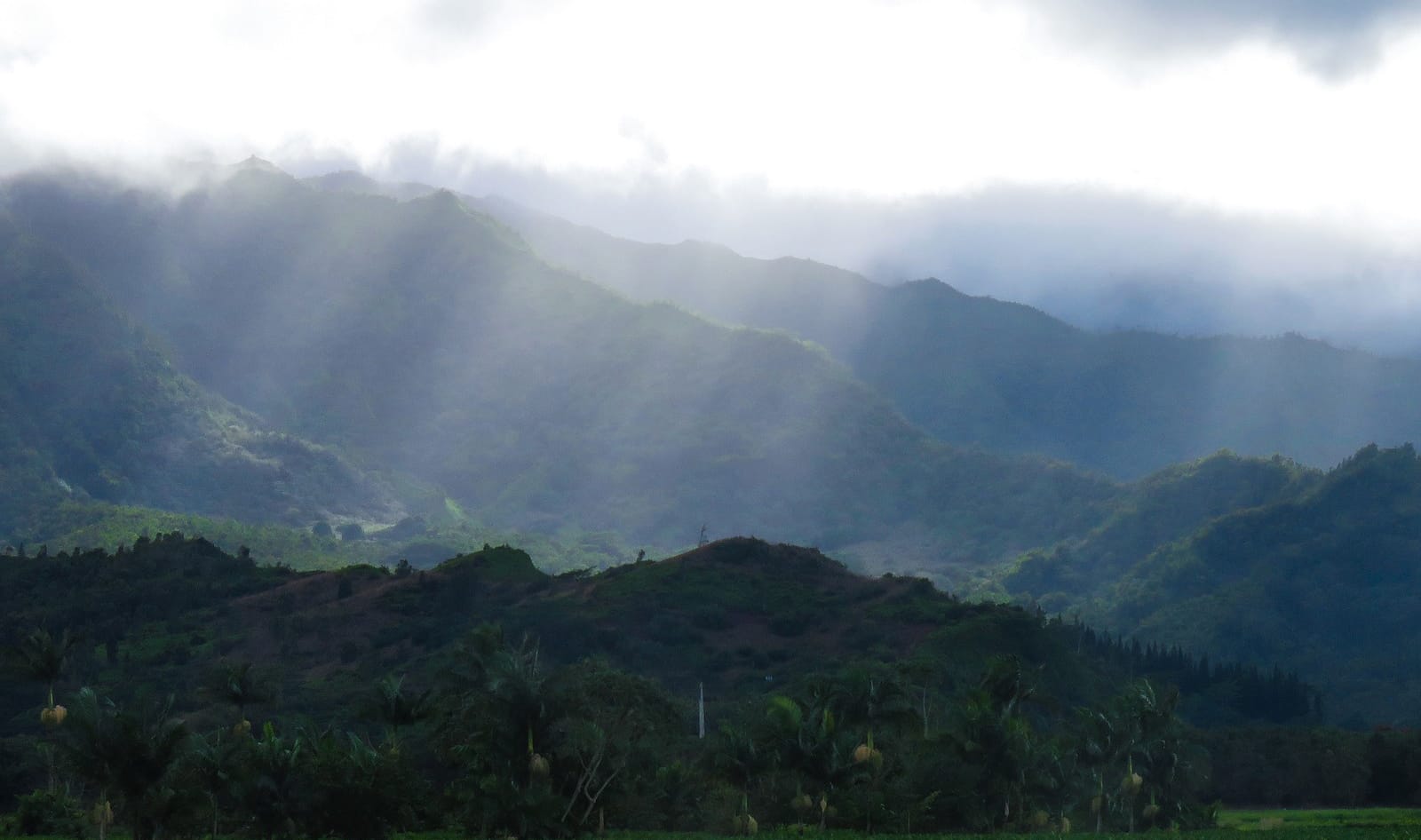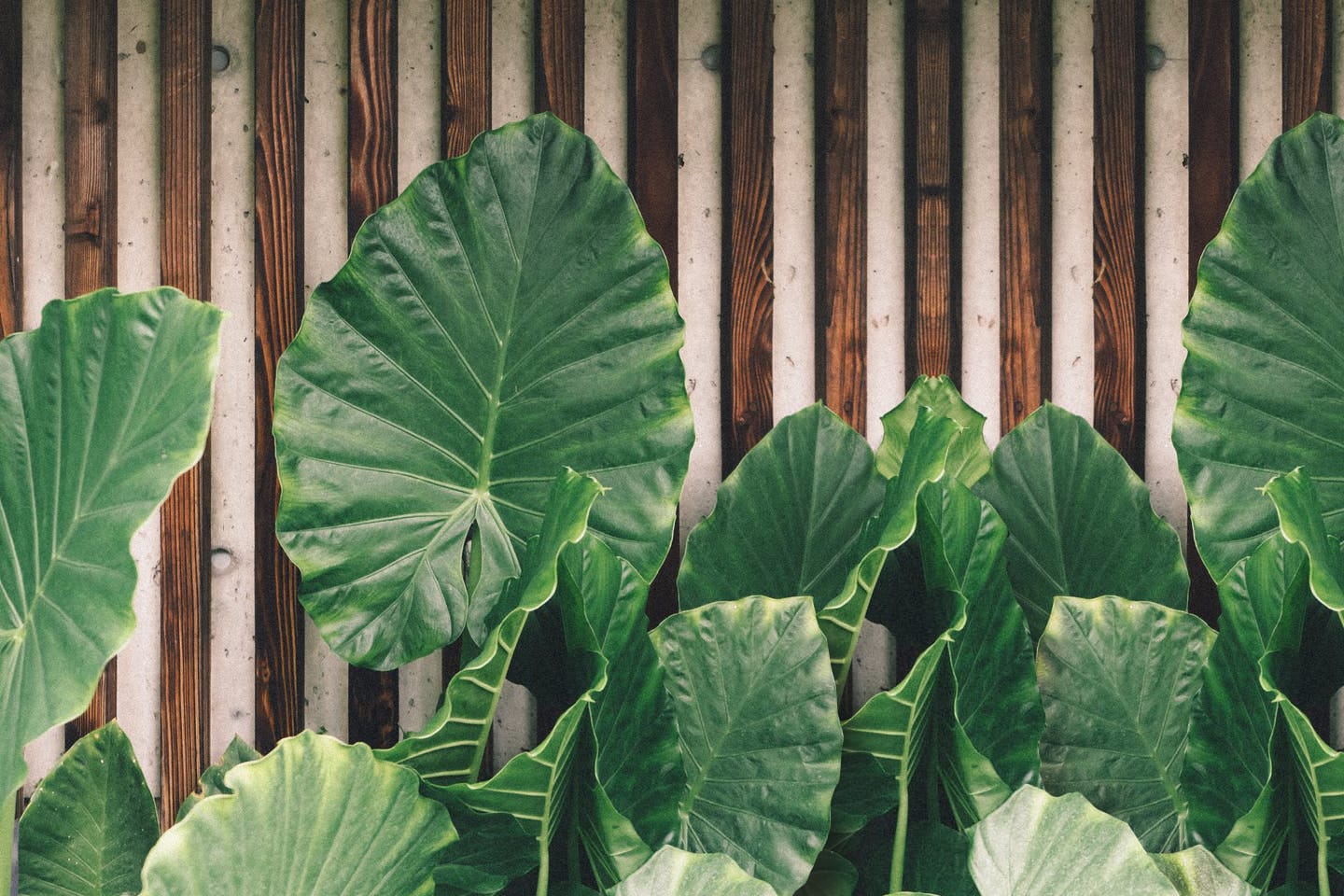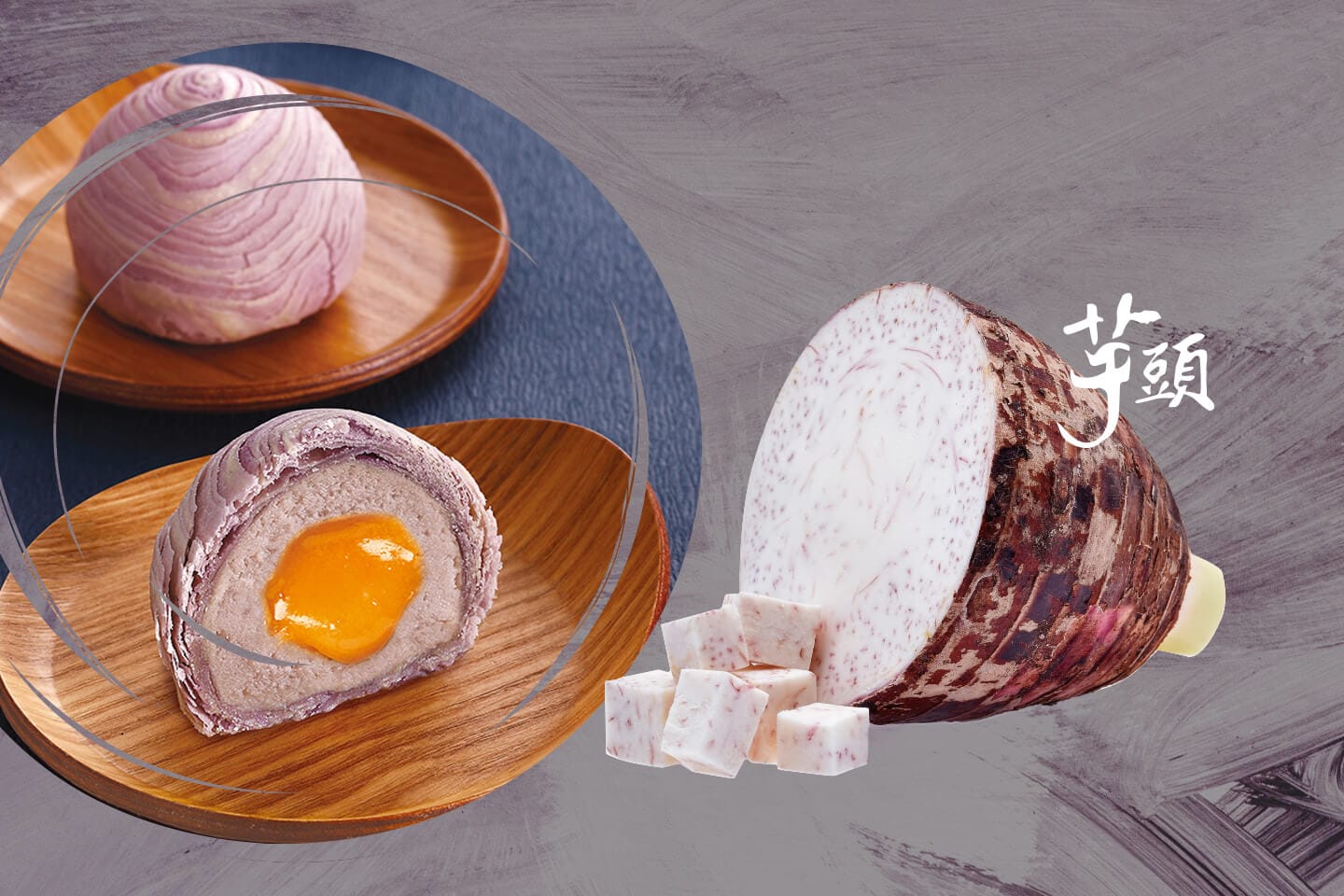Best Taro in the World – Dajia Betel Nut Taro
Taro is a major food staple in Taiwan.
well-known title as “the Taro Capital of Taiwan” since it has ideal weather and soils for growing taros. There are many varieties of taros. Among them, a special premium Betel Nut Taro grown throughout Dajia is recognized as the best taro in the world. It contains very high and fine-grained, easily digestible starch with relatively subtle fibers and delicate texture. It has a naturally sweet, nutty and tinge of vanilla flavor while it tastes soft, rich creamy and smooth as silk when cooked. Inside, the flesh ranges from pure white to ivory with subtle streaks of pale purple.
However, great taste takes time. It takes 8 to 10 months to mature. When it is full-grown, it becomes fine-textured and contains more starch with a dense, soft, creamy melt-in-your-mouth texture when cooked. Also, the aroma gets richer and intense.The quality of Dajia taro is so high that it is commonly used in Taiwanese cuisine in a variety of styles baked, steamed, boiled or stir-fried as a main dish, flavor-enhancing ingredient or a dessert is used to make delicious Dajia pastries, ice cream, rice cake, cookies and many other famous
specialties. Meanwhile, it is a key ingredient in lots of local dishes including Taro Topped with Caramel Dressing, Taro Tapioca/Taro Sago Sweet Soup, Rib Soup with Taro…etc. It is also commonly used as a main course for Hot Pot and in-home cooking. Another popular traditional Taiwanese snack is taro ball, served on ice or deep-fried. It is common to see taro as a flavor in desserts and drinks, such as worldwide-famous bubble tea.


